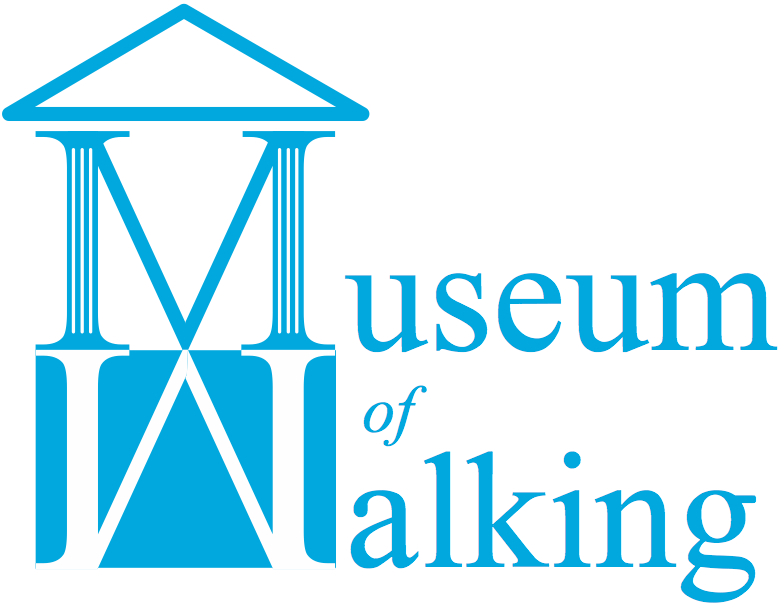Date/Time
Date(s) - 03/03/2011
5:30 pm - 7:30 pm
Location
Royal Commonwealth Society,
“The places we need – a new language of localism”
A period of change creates the opportunity for a different approach to planning’s role in supporting well-being. A device for doing this is to consider the impact of different kinds of places and physical settings on well-being. The eastern physiological system of chakras identifies eight energy centres within the body, each having differing characteristics, the effective functioning of which is supported by different physical settings.
By creating a matrix of chakras and corresponding physical settings it is possible to create a toolkit that could be used when working with local communities on the types of local facilities and settings that would best support their capacity for well-being.
Questions to explore
- I am interested in initial gut reactions. I am conscious that referring to chakras will be a turn-off for some. Does it any way ring true?
- Does it provide a more complete framework for considering human well- being needs than we currently use?
- What would you change or add?
- How do you suggest that I/we further explore this idea? Who else might be receptive?
“Conversations on Future Lifestyles”: Talk it Through, Make it Happen.
Rethinking Cities Ltd. host “Conversations on Future Lifestyles”, a series of thought-provoking, inspiring and creative discussions on lifestyles and their impact on urban living. Such a Conversation is an opportunity to meet fellow professionals, to share opinions, and contribute to interesting debates on topical issues. Collective problem solving. A briefing paper is distributed to participants one week before the conversation and a guest speaker is invited to introduce the topic.
Conversations take place early in an evening, at a convenient central London location, approximately once a quarter, and last for between 50 and 90 minutes. They are hosted by an experienced facilitator, and participation is limited to ten people, ensuring intimacy and an opportunity for everyone to have a chance to contribute.
“Wise people like Raban (author of Soft City) learn things about cities and communicate them, but then are more or less forgotten. Revisiting them is a real service, and the Conversation was very stimulating, to me at least. The Homes & Communities Academy should fund you to hold hundreds of Conversations, as an alternative to reinventing the wheel.” Rob Cowan, former Director of the Urban Design Group
For each Conversation, a briefing paper is written by the person introducing the topic.

